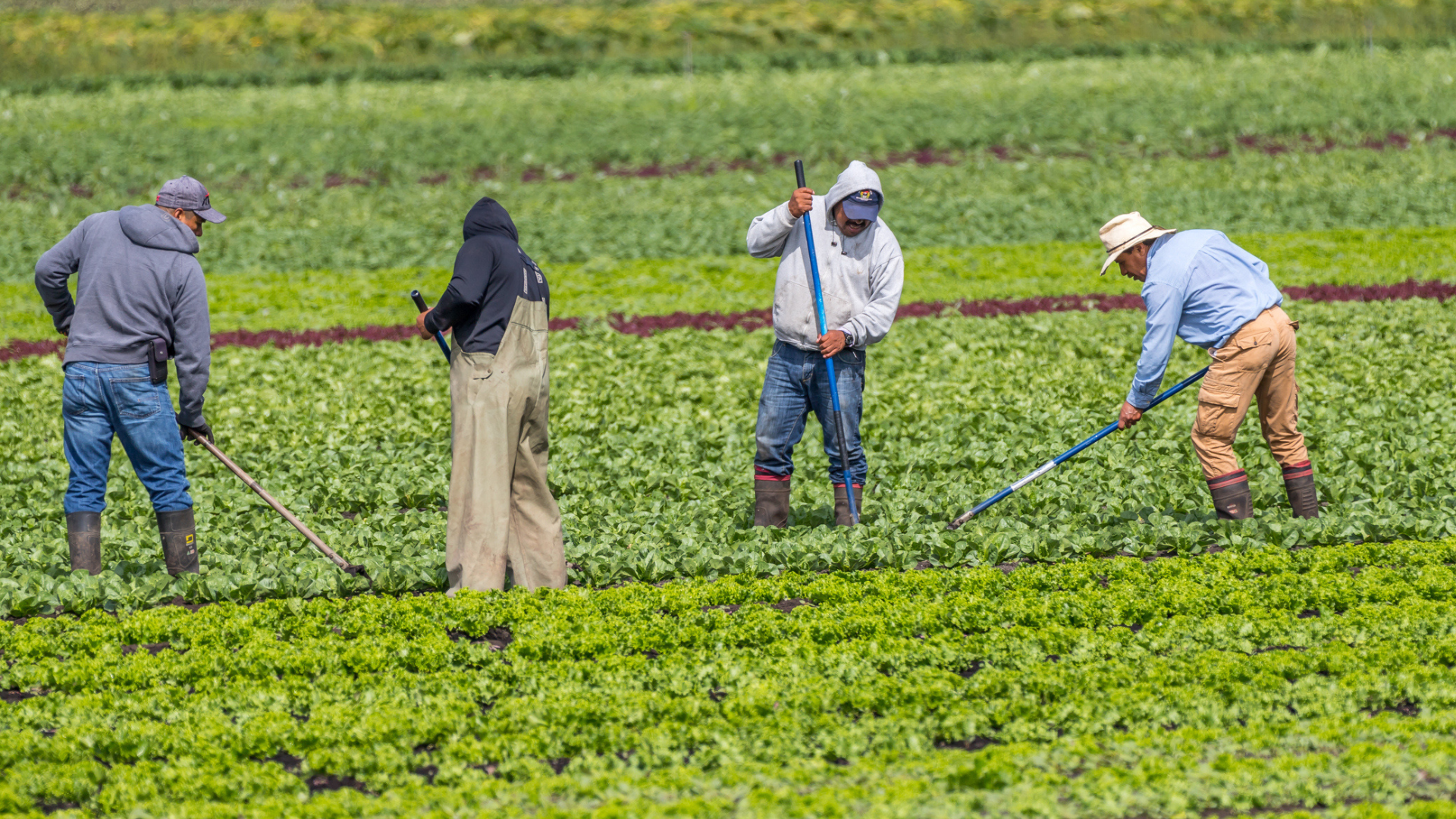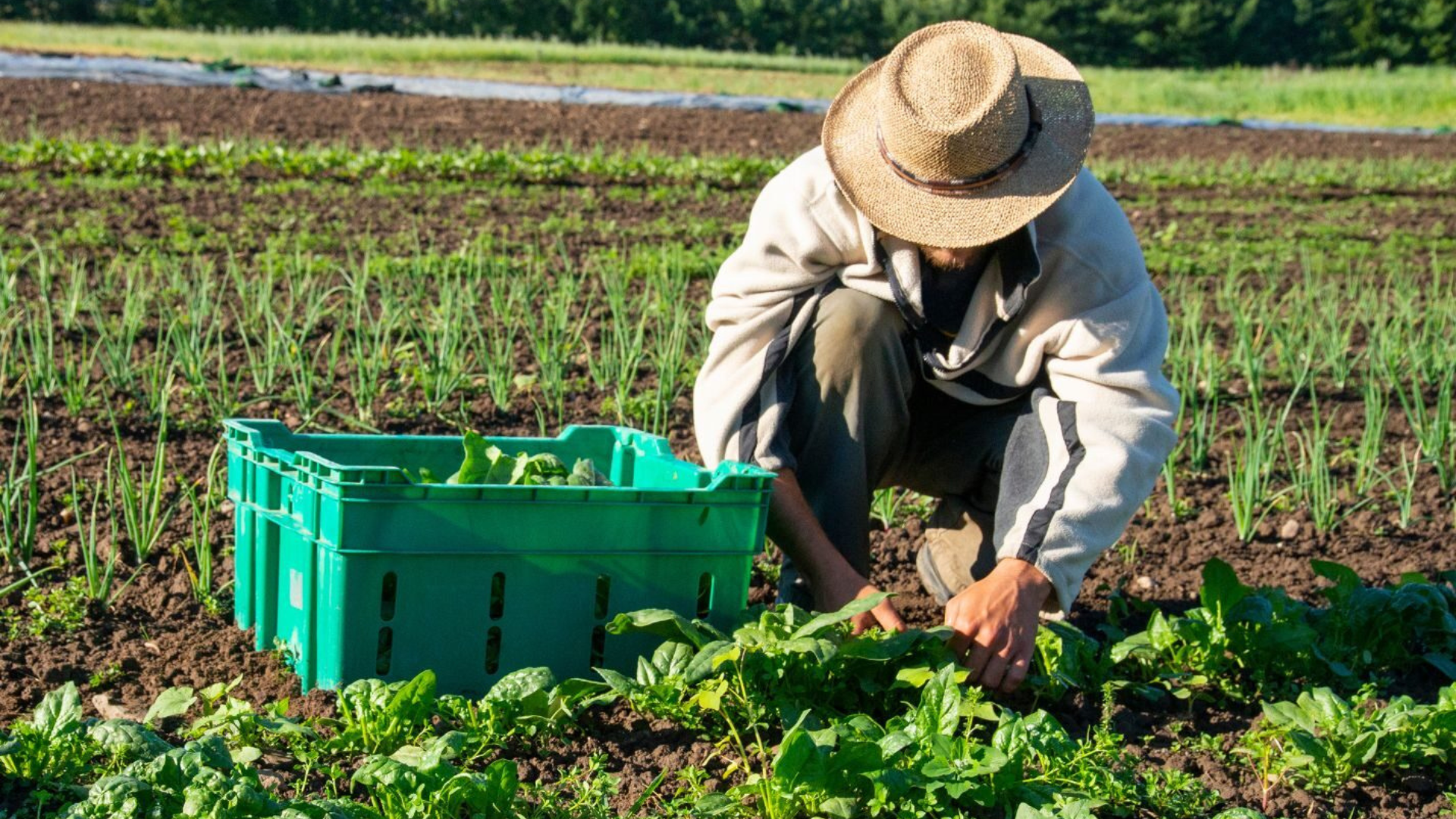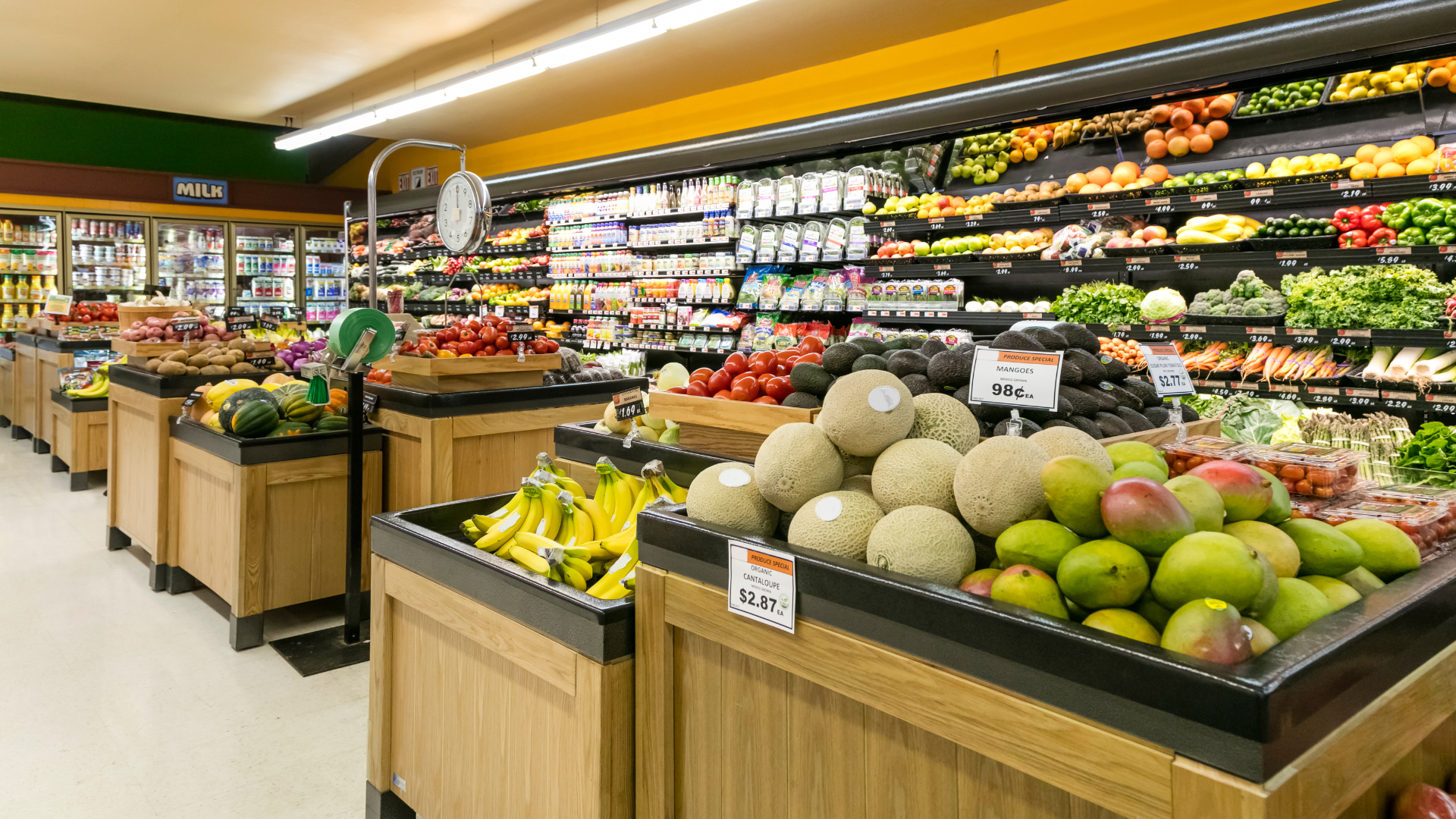FINANCE AND BUSINESS ECONOMICS STAFF
In The News: Canada's Inflation Rate is Falling, So Why are Grocery Prices Still So Expensive
August 9, 2023 ·
Contributed by: Noushin Ziafati, CTV News

“Everybody would love there to be a single demon we could name, but the truth is that there’s a bunch of little factors, there’s a bunch of straws building up on the camel’s back,” said Will Huggins, who teaches finance and business economics at McMaster University in Ontario.
Here’s a look at some of the factors behind Canada’s high grocery prices and what to expect in the coming months.
Canadians may have noticed that fresh fruit and vegetables, in particular, are pricey.
Canadian Dollar Declines in Value
Huggins said one of the reasons for that is that the value of the Canadian dollar has fallen against the U.S. dollar by about 10 per cent.
In May 2021, $1 CAD was the equivalent of 83 cents USD, whereas now, $1 CAD is worth roughly 75 cents USD.
This decline in the value of the Canadian loonie means that whatever Canada imports from the U.S. is more expensive and prices of certain produce at grocery stores has increased to reflect the change.
“So everything we buy from America costs 10 per cent more than it did two years ago,” Huggins explained.
“Avocados are 10 per cent more expensive because we don’t grow them here, lemons, oranges, anything that’s like this that isn’t grown in Canada has seen a sort of increase in its costs, simply because the price of the Canadian dollar doesn’t buy as much.”
Bank of Canada’s Overnight Interest Rate vs. Inflation Rate (%)
Throughout human history, the weather has “enormously affected” food production and costs, said Huggins, noting that extreme weather events “can complicate things without question” by damaging farm equipment and infrastructure, as well as creating a delay in getting materials or goods to the market, which has a direct cost as well.
However, barring “enormous climatic changes,” the economist said he doesn’t expect climate change to create “continued major pressure” on food prices in Canada and that the country could actually stand to benefit from certain climatological shifts.
“Even though there will be adjustment costs, obviously, our super cold country is about to become a little bit warmer, so it creates opportunities to some extent for us in that regard,” said Huggins.
“We will gain some, we will lose some without question, but compared to many other countries, we’re in a great position when it comes to climate change.”















